
A pinched nerve is not only painful and annoying, but it can be a sign of a much more serious underlying condition. While you might experience a pinched nerve from sleeping in an unusual position or from playing sports, it could also be a sign of overuse or strain.
The pain you feel from a pinched nerve is a warning from your body. You should take this as a sign that you need to slow down and adjust your behaviour.
A pinched nerve is actually the name given to nerve damage. It happens when bones, discs or muscles press down on a nerve or a bunch of nerves, compromising circulation and at it's worse damaging the nerve... This can result in pain, numbness, tingling, burning sensation or even pins and needles.
There often isn’t a reason to visit the doctor for a pinched nerve as they are unlikely to be able to do anything to help. But if your pain is severe a trip to a good osteopath will be worthwhile. Treatment will be gentle and can often give enormous relief quickly. Below are some remedies for a pinched nerve that you can try at home.
Pinched nerves in your back, neck or shoulders could be a sign of poor posture. Remember that your head weighs roughly 10 to 11 pounds but when leaning forward looking at your mobile phone that weight becomes 60-70 pounds of strain.
Learning to sit with your shoulders back and your head upright is one of the best things you can do for a pinched nerve.
If you sit at a desk all day or if you regularly use your mobile phone, it’s especially important that you pay attention to your posture. This is because you are more likely to roll your shoulders forward, and this can aggravate a pinched nerve.
Even a tiny pain free repetitive movement done for 10-15 minutes can help. You cannot overdose on pain free movement and this often helps reset the muscles and get blood flow into the area to aid healing. You may find even a few millimetres of movement done over and over again will gradually become a larger range of pain free movement.
If your pinched nerve is affecting your back and lower limbs, sitting down for extended periods of time could make it worse. You should investigate a standing desk or an adjustable height desk so that you can avoid sitting down for extended periods of time.
A standing desk is great for core strength and could also help your posture. It will also help you to keep your head straight while you are working.
Even if you have a standing desk, make sure you take regular breaks to stretch your legs, arms and neck to prevent stiffness. You should also make sure you have a soft surface to stand on so that you don’t strain your knees in the process.
If there is no way of getting a desk like this then make sure you simply stand up from your desk every 20 minutes. This interrupts the strain of being sat and can be of enormous help in the long run.
Some simple stretches can help to relieve pressure on the pinched nerve. Light exercise can also help with pain, and it will help you to sleep better at night. Your doctor or physiotherapist will be able to advise you on some stretches for your situation.
Remember to never stretch too deeply. The aim is not to “fix” the problem, but instead to elongate the muscles and improve blood flow. This can help to speed up the healing process and stop your pain sooner.
Alternating hot and cold compresses will help to keep your pain at bay, but it will also help to reduce inflammation. Use a cold compress for 20 minutes up to 5 times per day. You can also use a hot compress directly on the affected area to help with the pain.
Never apply ice directly to your skin and make sure that your compress is not too hot. When you have a pinched nerve, your pain receptors might not give you the correct information. This means that it could be easier to burn your skin with ice or heat without realising.
A pinched nerve in the back can make life very difficult. In order to relieve the pressure, try creating a 90 degree bend in both your hips and knees. While lying down on your back, put a stack of pillows under your legs so that you can rest with your legs elevated. This should help to relieve your pain. If it aggravates the problem stop immediately.
You might find it difficult to sleep like this, so you should try keeping the same bend in your legs but while on your side. A bolster pillow is ideal for this situation as you can support your whole body and keep your legs apart. This can help to prevent further compression of your pinched nerve.
Exercising might be the last thing on your mind, but this isn’t why you should head to the gym. If your gym has a fitness suite with sauna and jacuzzi, this could help to alleviate your pain.
While both will offer heat, the jacuzzi might be the best option as it will also help to make you feel weightless. This will reduce compression on your nerves and give you some relief from the pain. The bubbles will also give you a gentle massage while the heat helps to reduce inflammation.
In addition to over the counter remedies, there are also natural remedies you can try. CBD One offers a range of CBD products which are perfect for managing a pinched nerve. These include CBD balms which can be applied directly to the skin.
CBD is derived from the cannabis or hemp plant. Unlike cannabis, it does not contain the compound THC, which means it doesn’t get you high. It’s completely legal in the UK and many countries around the world.
Research is still ongoing into the benefits of CBD, but it has been found to help reduce inflammation and pain in animal tests. There is also anecdotal evidence that CBD products can help those suffering from sciatic pain.
Arnica gel or devil’s claw are also useful additions to the natural remedy first aid kit that can help and a strong spirit such as whisky can be amazingly good for pain relief - just one for medicinal purposes of course!
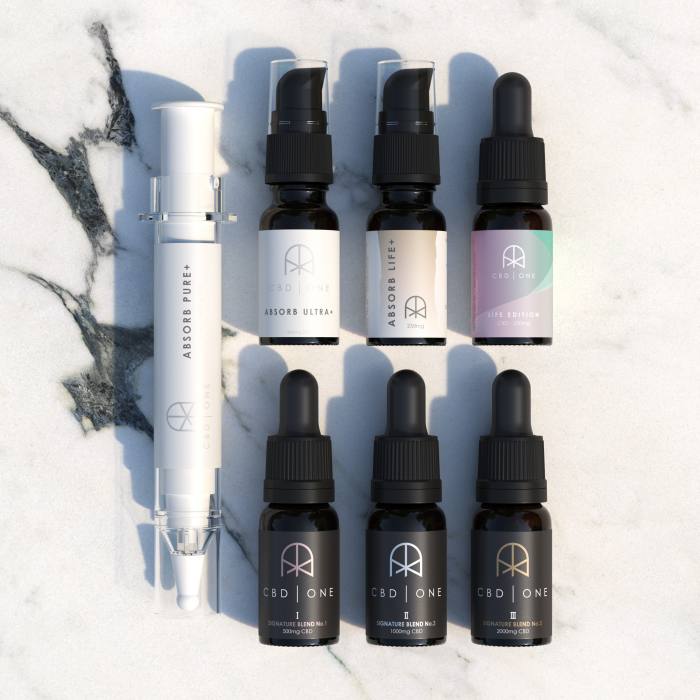
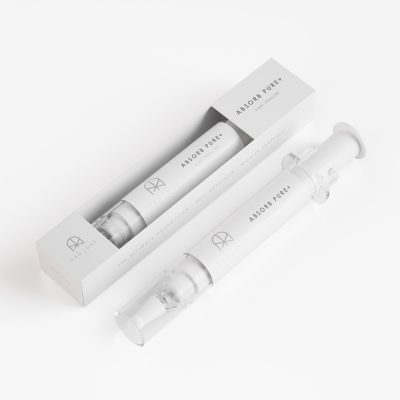
Bioavailability:?Bioavailability | 99% |
CBD content:?CBD content | 800mg | 1600mg | 4000mg |
Cannabinoid spectrum:?Cannabinoid spectrum | Full |
| Daily use: | Once daily |
Best for:?Best for | Powerful water-soluble option |
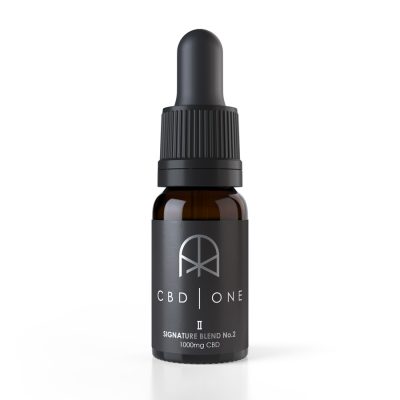
Bioavailability:?Bioavailability | 12 % |
CBD content:?CBD content | 1000mg | 2000mg | 5000mg |
Cannabinoid spectrum:?Cannabinoid spectrum | Full |
| Daily use: | 1-3 times |
Best for:?Best for | All round oil |
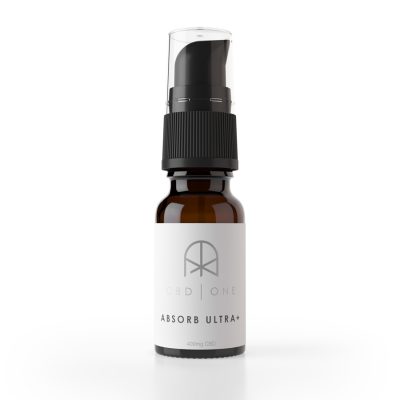
Bioavailability:?Bioavailability | 99% |
CBD content:?CBD content | 400mg | 800mg | 2000mg |
Cannabinoid spectrum:?Cannabinoid spectrum | Full |
| Daily use: | Once daily |
Best for:?Best for | Great all-rounder |
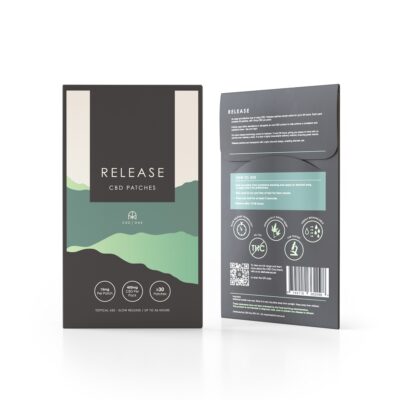
Bioavailability:?Bioavailability | 40%+ |
CBD Content:?CBD Content | 450mg | 900mg | 1350mg |
Cannabinoid spectrum:?Cannabinoid spectrum | Pure CBD |
| Daily use: | Once |
Best for:?Best for | Round the clock super-effective dosing |